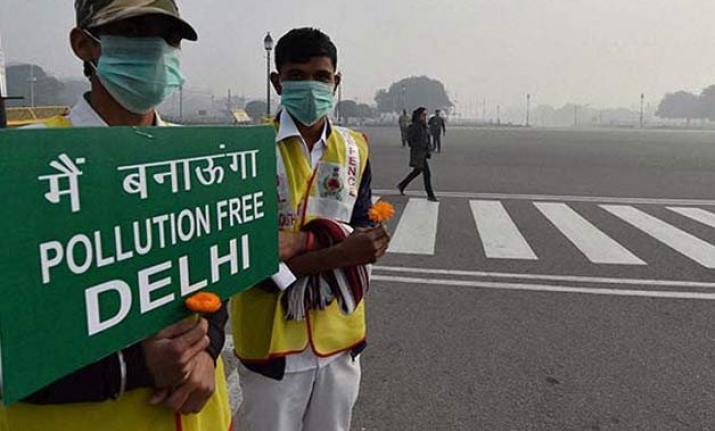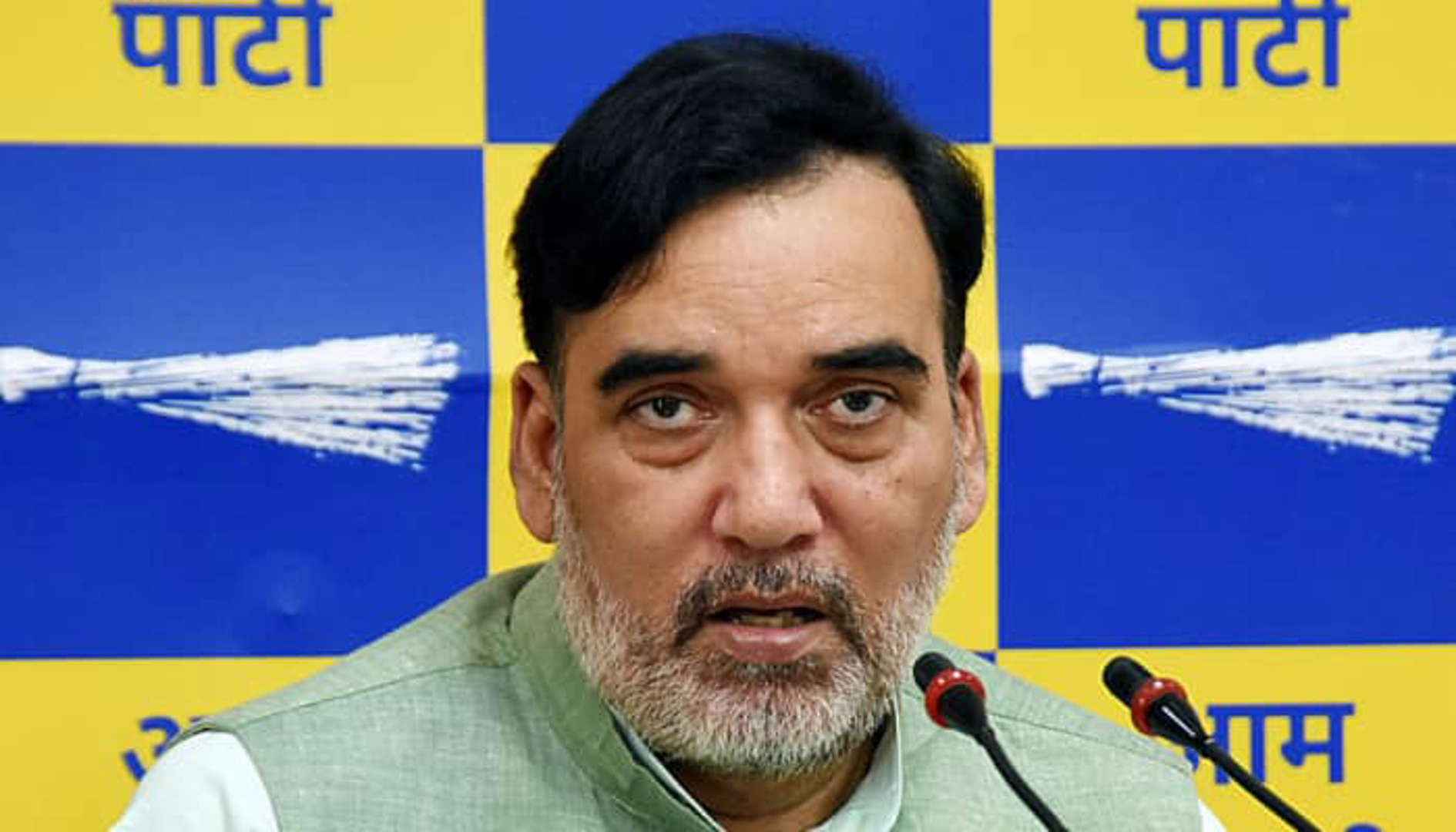No Odd-Even Scheme Amidst Improved Air Quality After Rain

No Odd-Even Scheme Amidst Improved Air Quality After Rain
The decision by the Delhi Government to defer the implementation of the Odd-Even Scheme marks a significant development in the ongoing efforts to address air quality and traffic congestion issues in the national capital. Originally slated to be enforced from the 13th to the 20th of November, the postponement indicates a reconsideration of the timing and logistics associated with the scheme.
The Odd-Even Scheme, a periodic traffic rationing initiative, mandates that four-wheelers can ply on the roads based on the last digit of their license plates, allowing even-numbered vehicles on certain days and odd-numbered vehicles on others. The objective of this scheme is to reduce vehicular emissions and alleviate traffic congestion, especially during periods of heightened air pollution.

The decision to defer the scheme until further notice suggests that the government is taking into account various factors that might impact its successful implementation. This could include considerations such as prevailing weather conditions, public transportation capacity, and the overall feasibility of the plan.
The move also reflects a dynamic approach to addressing environmental challenges, indicating a willingness to adapt strategies based on the evolving situation. It is essential for authorities to balance the need for immediate measures to combat air pollution with the practicality of implementing schemes like Odd-Even effectively.

The public announcement of the deferment provides transparency and clarity to residents and commuters, allowing them to plan their travel accordingly. Additionally, it opens up opportunities for the government to engage with the public, gather feedback, and potentially refine the Odd-Even Scheme before its eventual implementation.
In summary, the decision to defer the Odd-Even Scheme demonstrates a responsive and adaptable approach by the Delhi Government in its ongoing efforts to tackle air pollution and enhance the overall environmental quality in the city.
The decision by the Delhi Government to defer the implementation of the Odd-Even Scheme was influenced by Environment Minister Gopal Rai, who cited a decrease in pollution levels as a result of light rain in the morning. This rationale suggests that the government is responsive to immediate atmospheric conditions and aims to implement the Odd-Even Scheme when its impact can be more effectively realized, possibly during periods of increased air quality.
The timing of the announcement, following a directive from the Supreme Court earlier in the day, indicates the legal and regulatory oversight associated with measures addressing air pollution. The Supreme Court directed the Delhi government to make a definitive decision on the Odd-Even Scheme, emphasizing the urgency of actions to combat pollution. However, crucially, the court refrained from making the decision itself, leaving it within the purview of the state government.
This legal stance reflects a balance between judicial oversight and allowing the state government to exercise its discretion and expertise in implementing measures that directly affect the daily lives of residents. It reinforces the principle of cooperative federalism, where state governments are entrusted with the responsibility of making decisions tailored to local conditions while being accountable to the overarching legal framework.
The deferment of the Odd-Even Scheme and the reliance on current pollution levels following rain highlight the interconnectedness of weather patterns and air quality. It underscores the need for a dynamic and adaptable approach to environmental regulations, recognizing that certain measures may be more effective under specific meteorological conditions.
In summary, the decision to defer the Odd-Even Scheme to be followed in Delhi , influenced by both environmental conditions and a directive from the Supreme Court, reflects a nuanced and collaborative approach between legal authorities and the state government to address the pressing issue of air pollution in Delhi.





